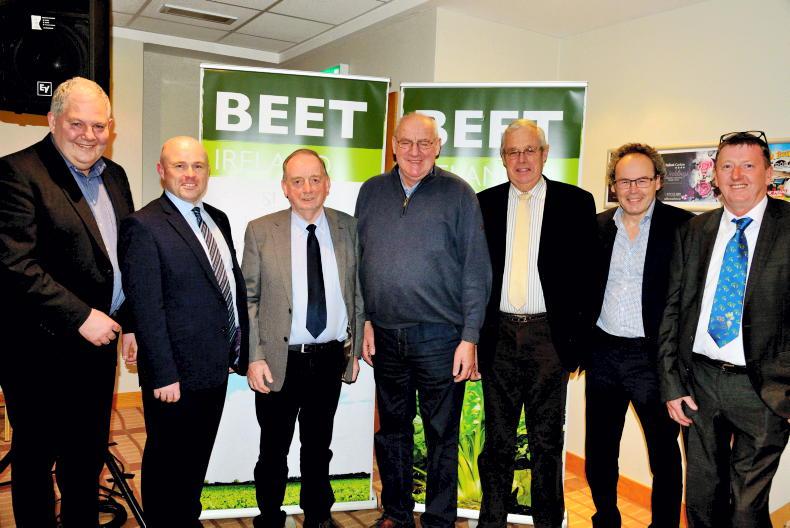One of the most intriguing aspects of the feedback from respondents was how frequently similar problems were raised. One such issue is that of housing. Numerous companies identified this as an impediment to obtaining labour.
It has been well documented that the lack of supply in urban areas, particularly Dublin, has led to huge demand in the private rental market and a subsequent inflation of rent. But this is also having an effect on the commuter belt around the capital.
One company affected by this problem is Country Crest, the potato and vegetable grower in North Dublin. High rents are affecting its ability to find and retain labour in a major way.
“The biggest challenge for us is housing. Because we are just 13km from Dublin, competition for accommodation is huge,” says Country Crest managing director Michael Hoey.
“Rent is the key challenge and more housing availability is a key issue. It means we are at a disadvantage with companies from rural Ireland. The food industry is highly competitive and it is difficult to pay high wages.”
Country Crest has been a success story this year. The company added 42 full-time workers to its books in 2018, with its workforce now standing between 340 and 360 people.
This extra workforce was across the meal-manufacturing side of the business, in operative, supervisory and management roles. But, according to Hoey, getting this labour has its challenges.
“It is very difficult to get people. While a lot of our employees are with us a long time, we have many that are floating between jobs. We are recruiting all the time. We are taking on people every week, which we never had to do before,” he said.
Rurally
It is not just in Dublin that the housing issue can be seen. One of the criteria for obtaining a non-EEA work permit is that accommodation must be facilitated for a non-EEA worker. This is adding time into the process of obtaining such labour.
Speaking with the Irish Farmers Journal, John Connolly of Connolly Meats in Scotstown, Monaghan, explained that sourcing housing for employees is an inconvenience for meat factories.
“We are based in a rural area and there are very few housing developments around us. We are a growing company and we have to organise housing ourselves for some employees. In terms of costs, it isn’t a big issue but it is shifting our focus away from our core business and adding more time on recruitment,” Connolly said.
Connolly Meats added eight full-time roles into the business last year, with 20 seasonal workers filling in during busy periods.
What is becoming evident is that the problems around the housing shortage has reached the agri-food industry over the last 12 months.








SHARING OPTIONS